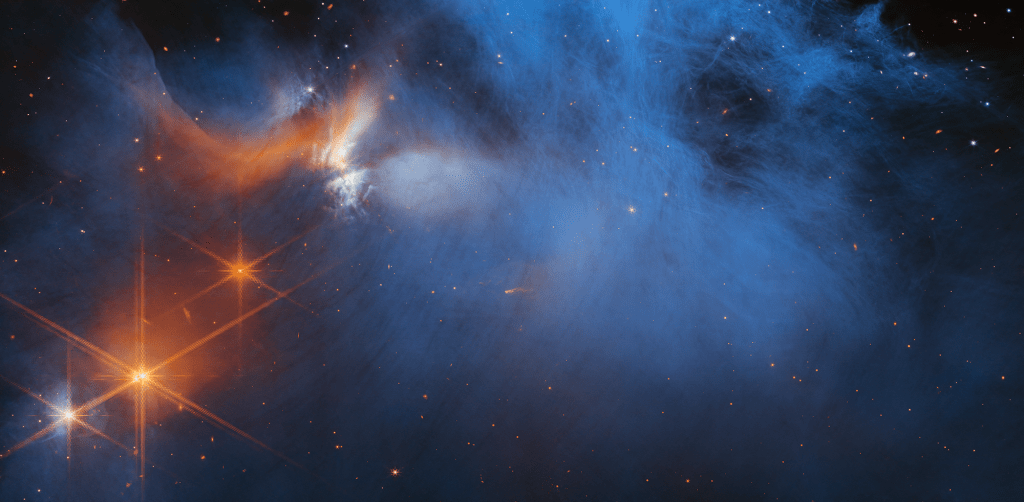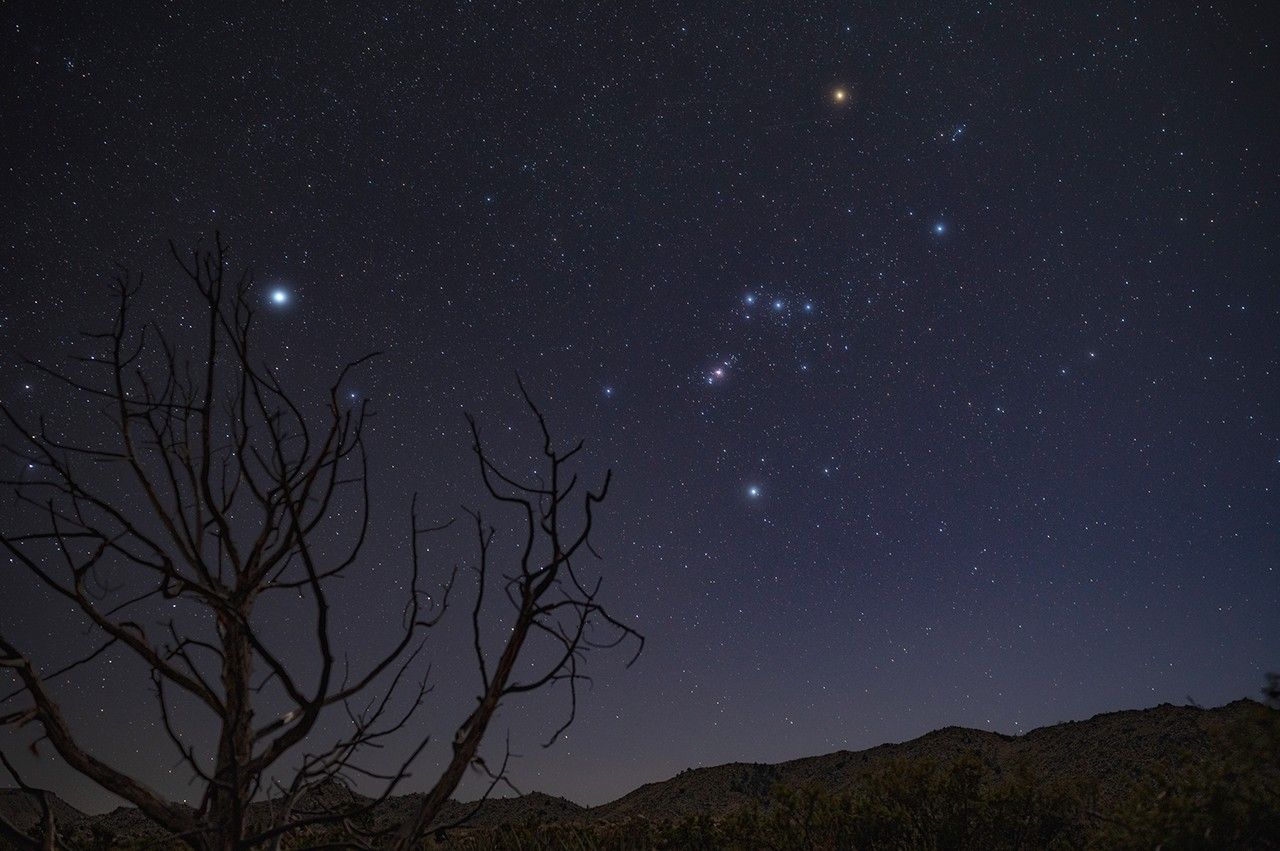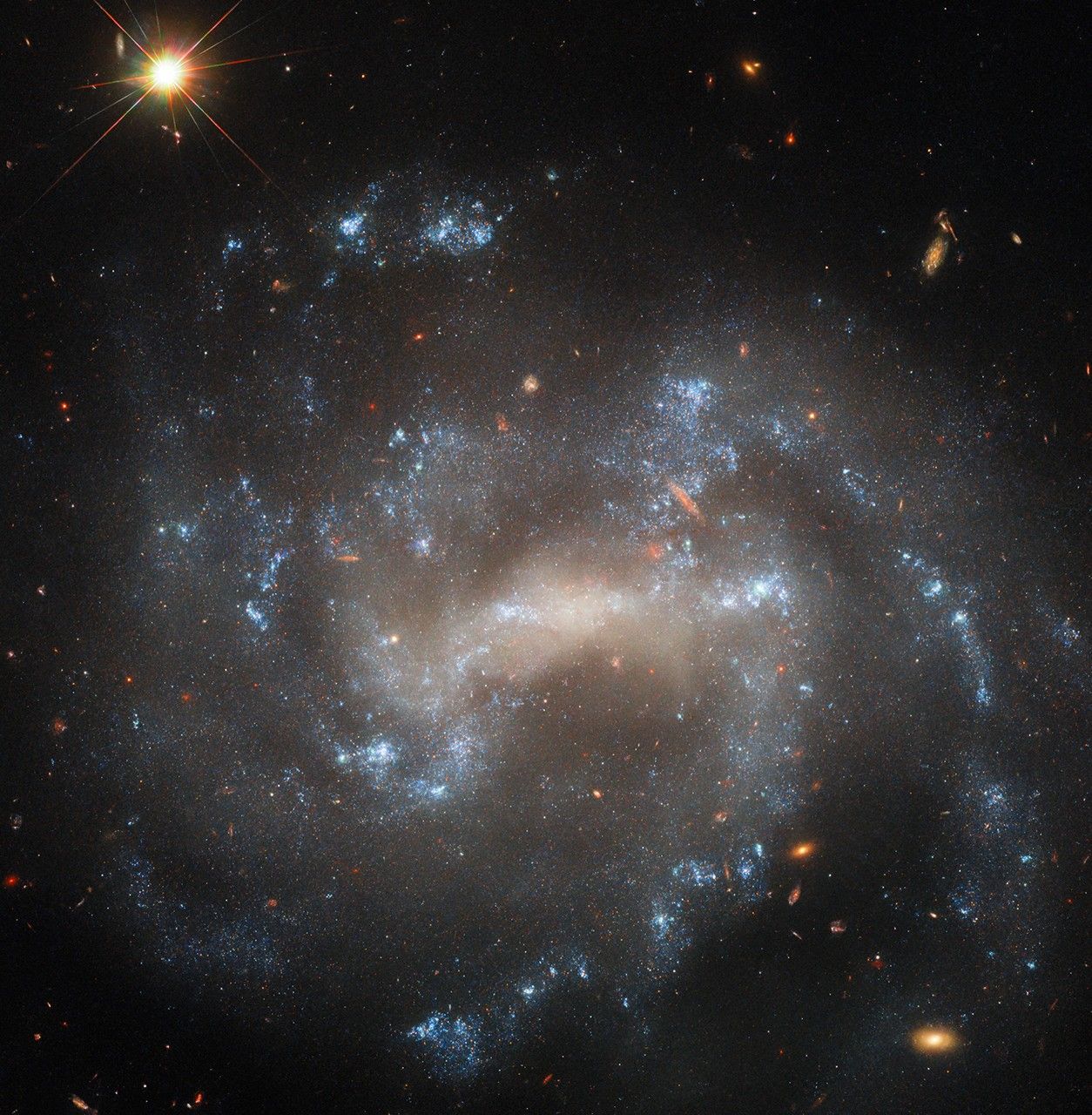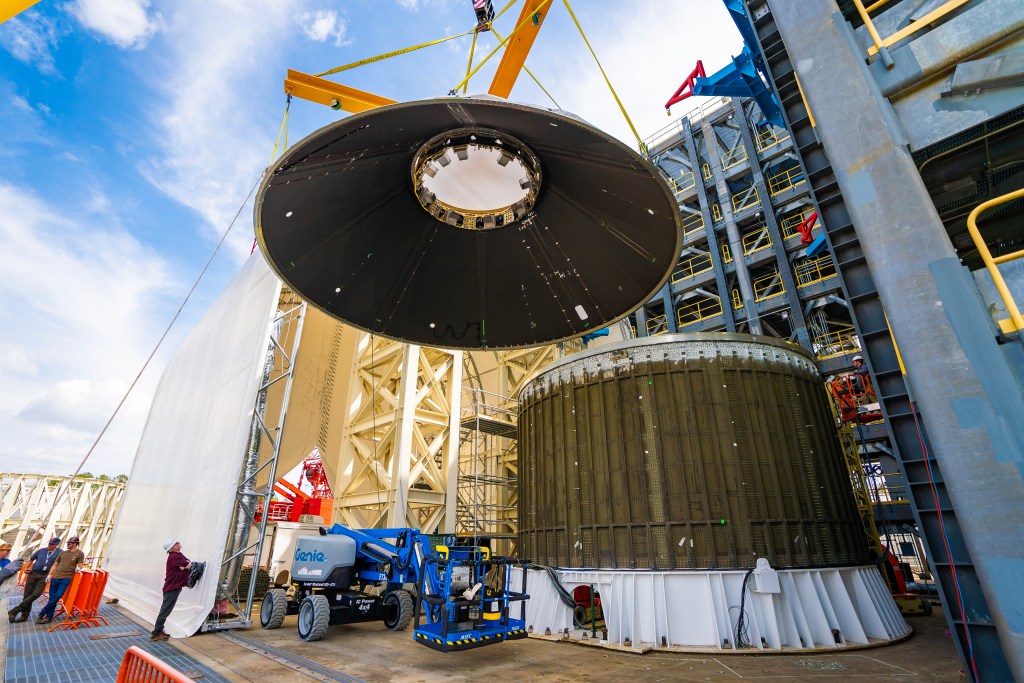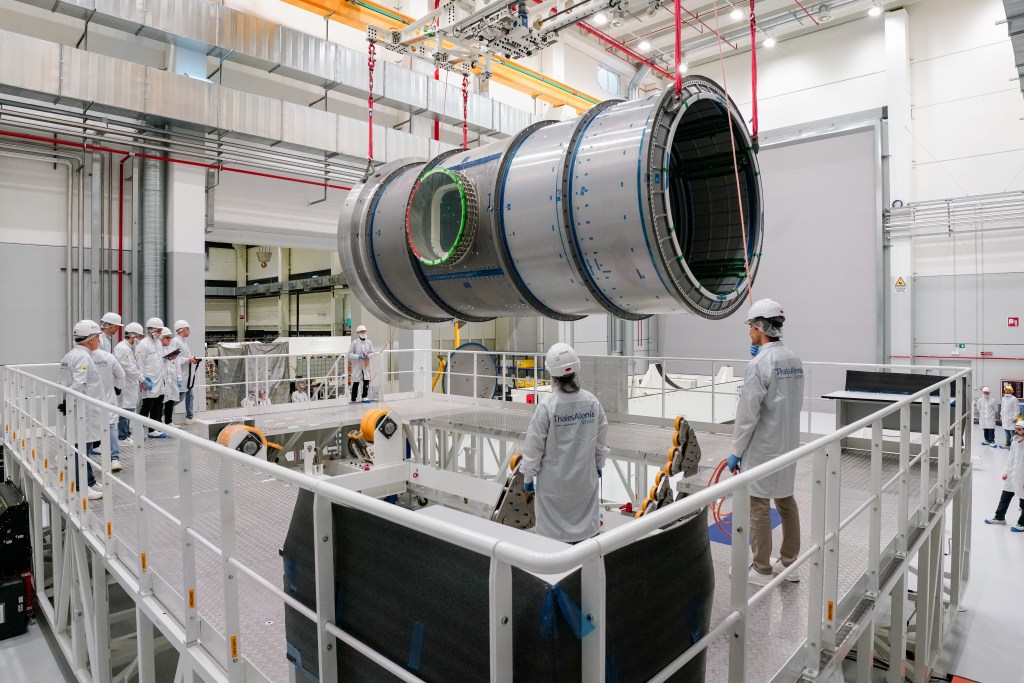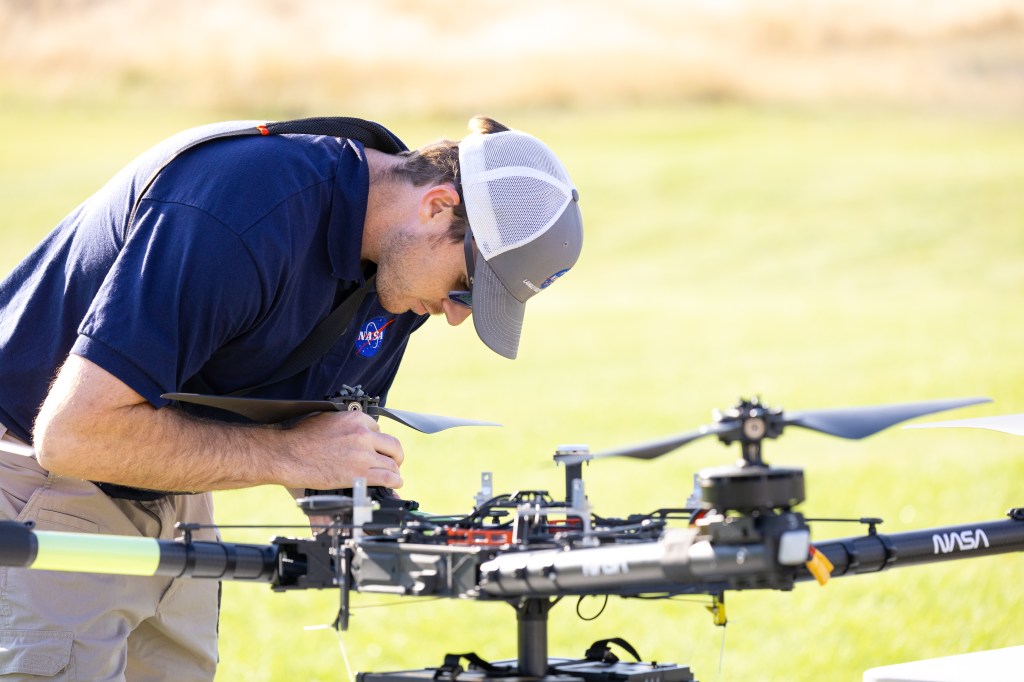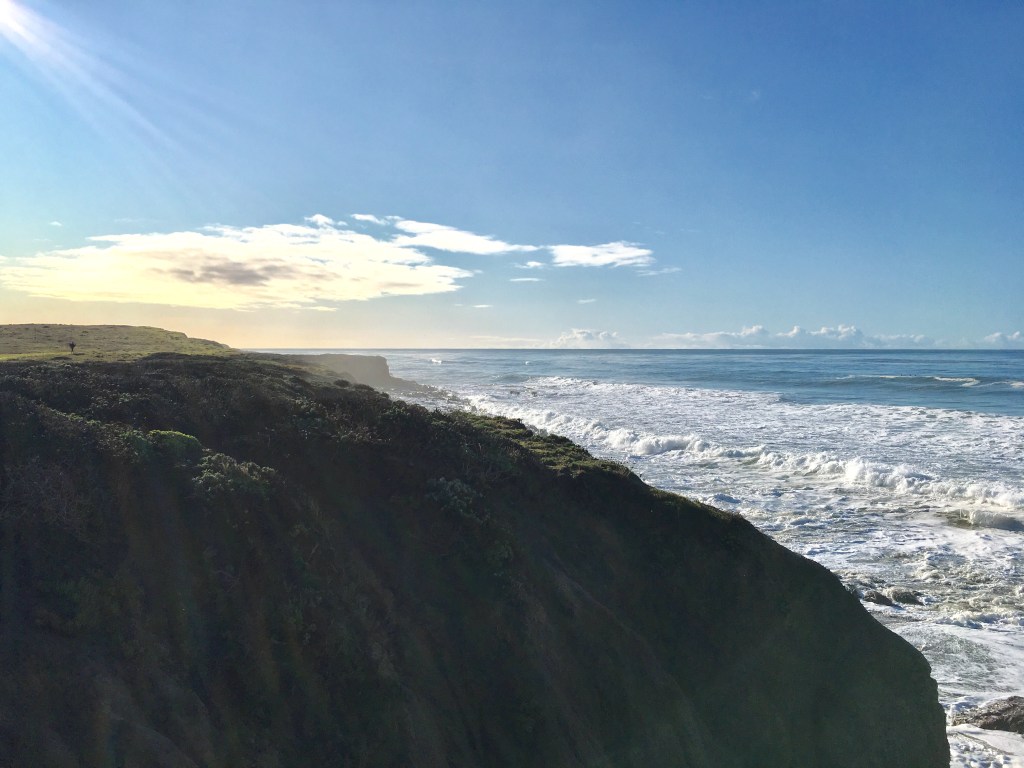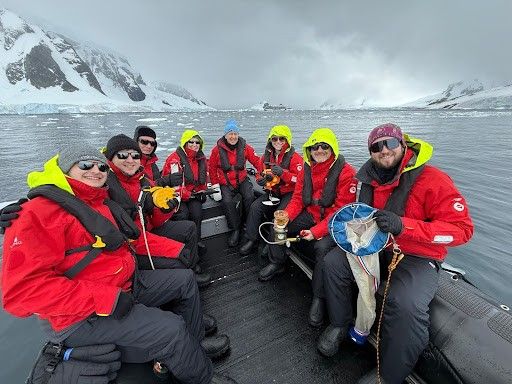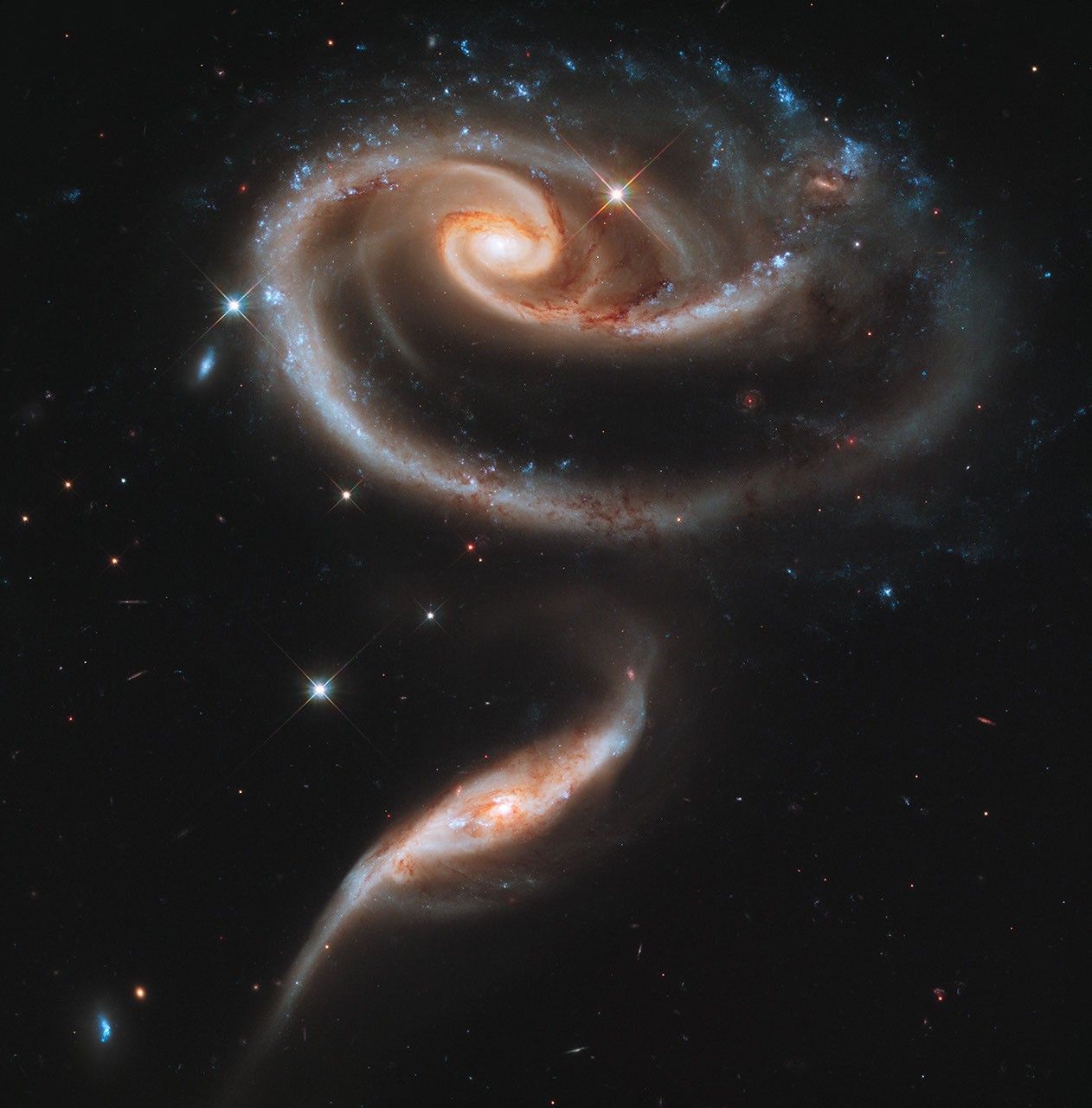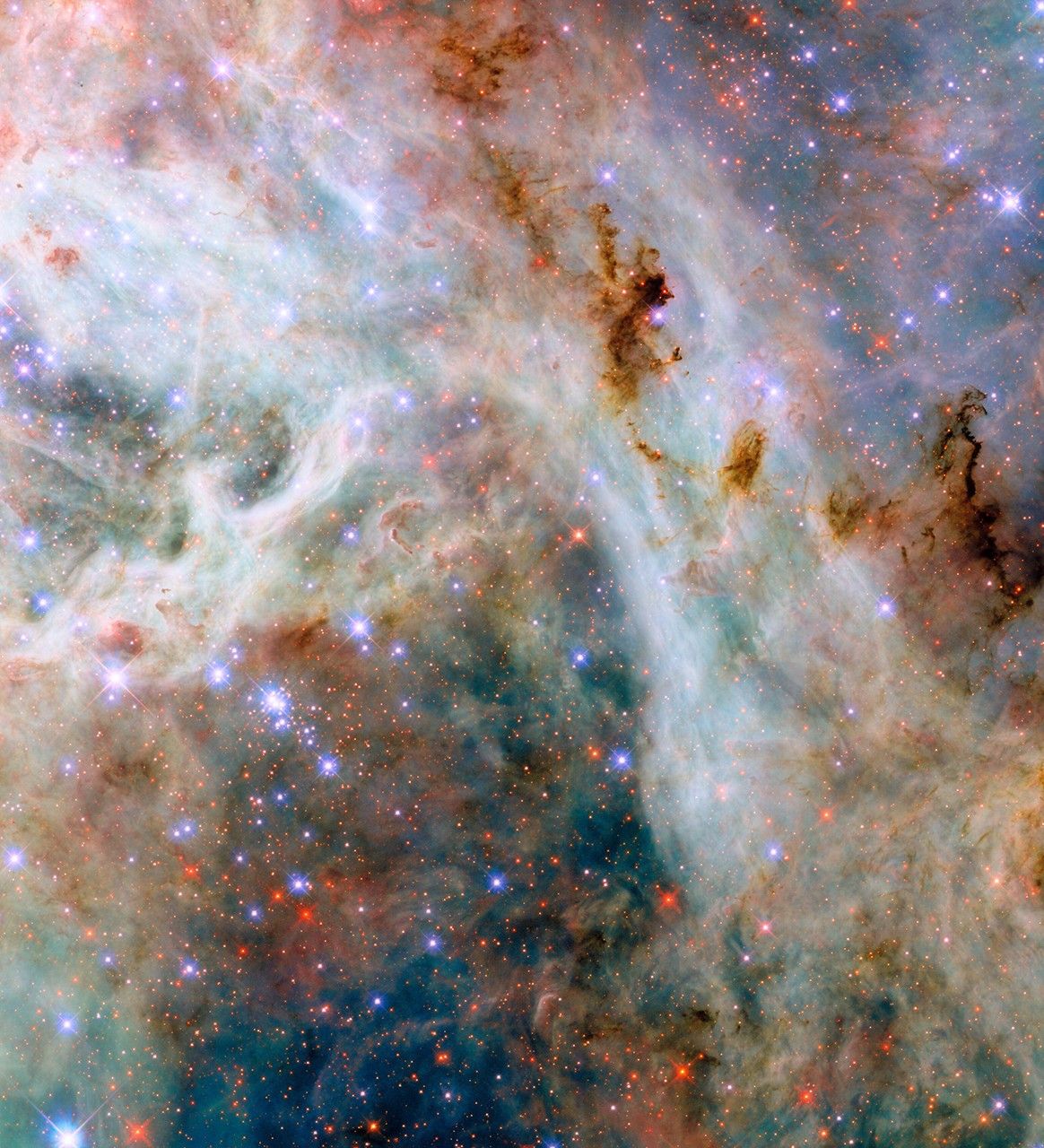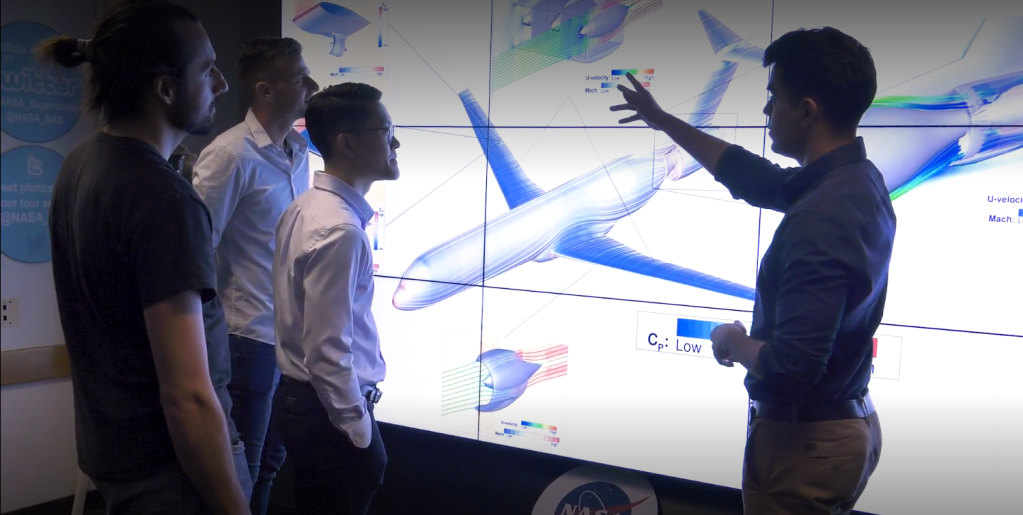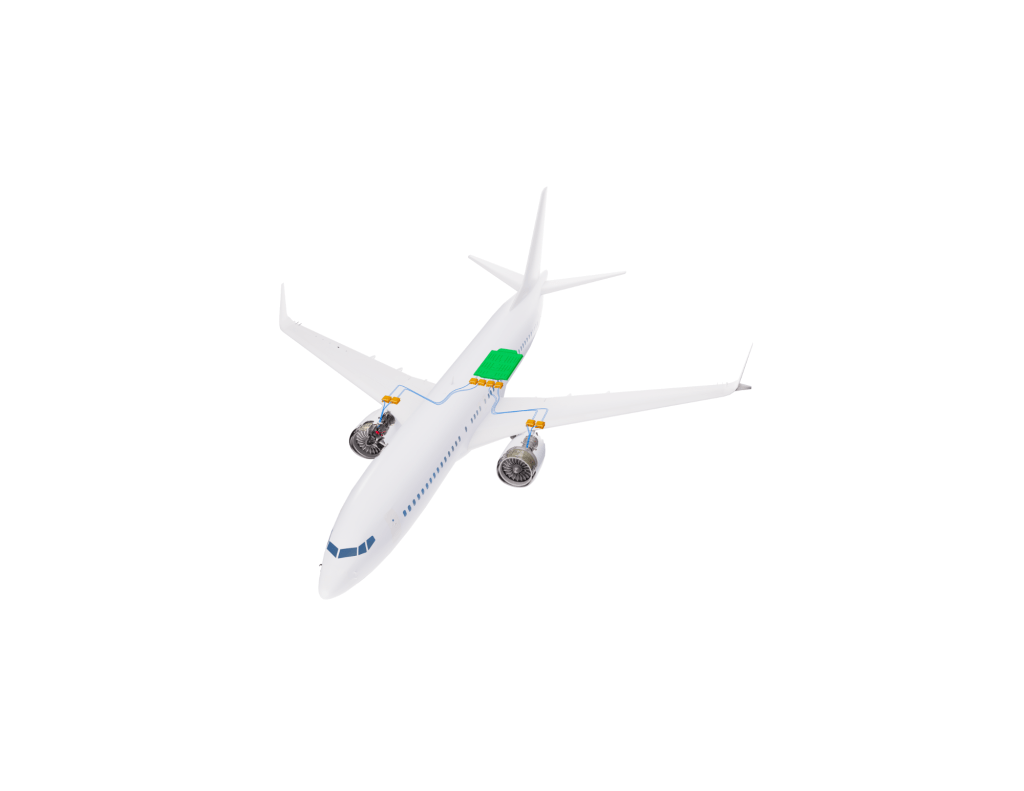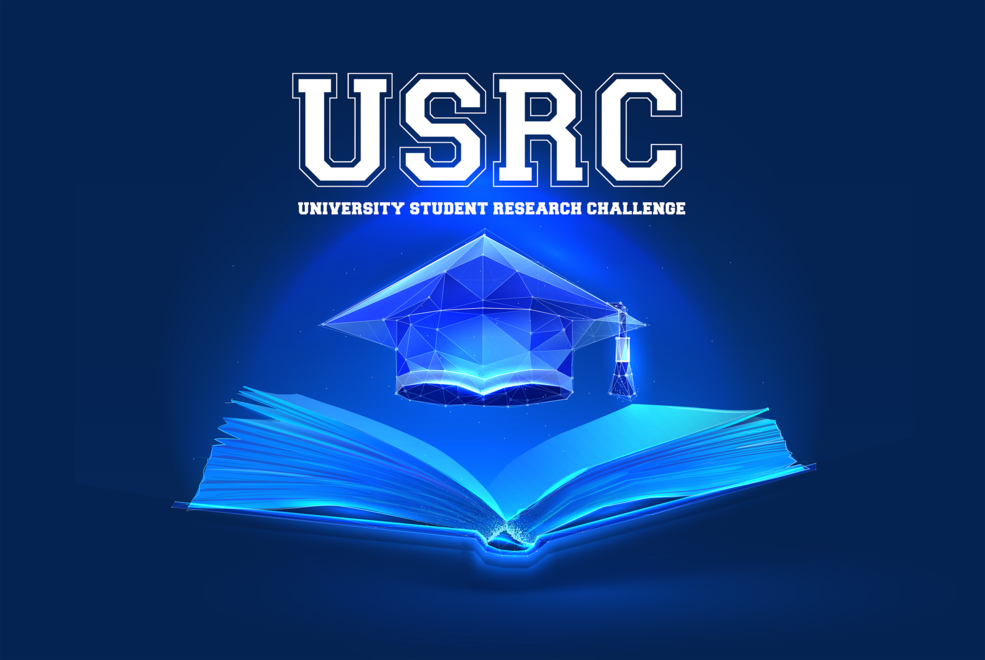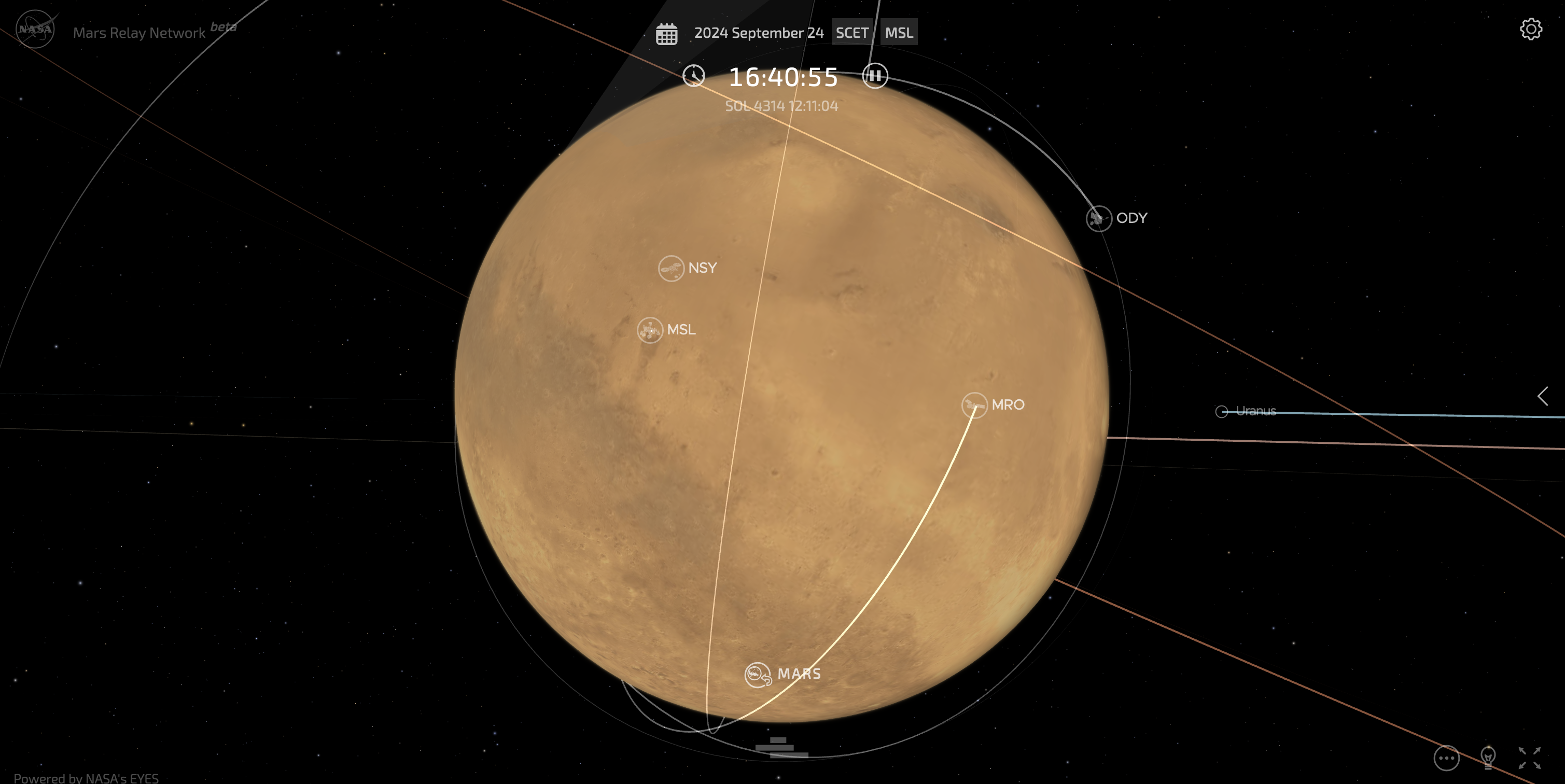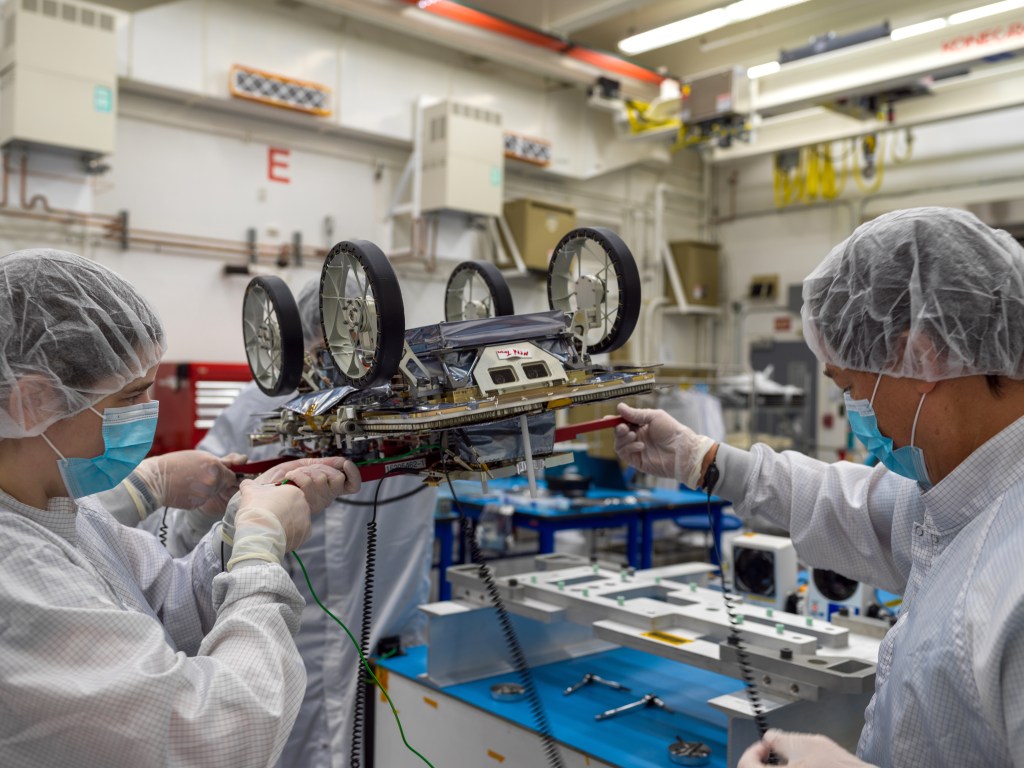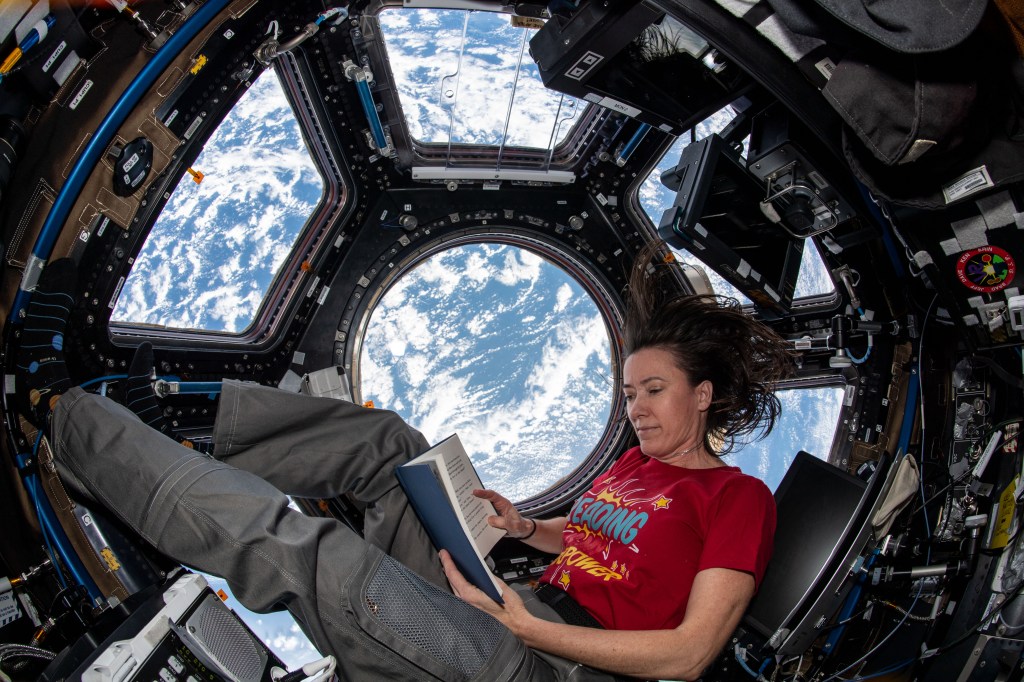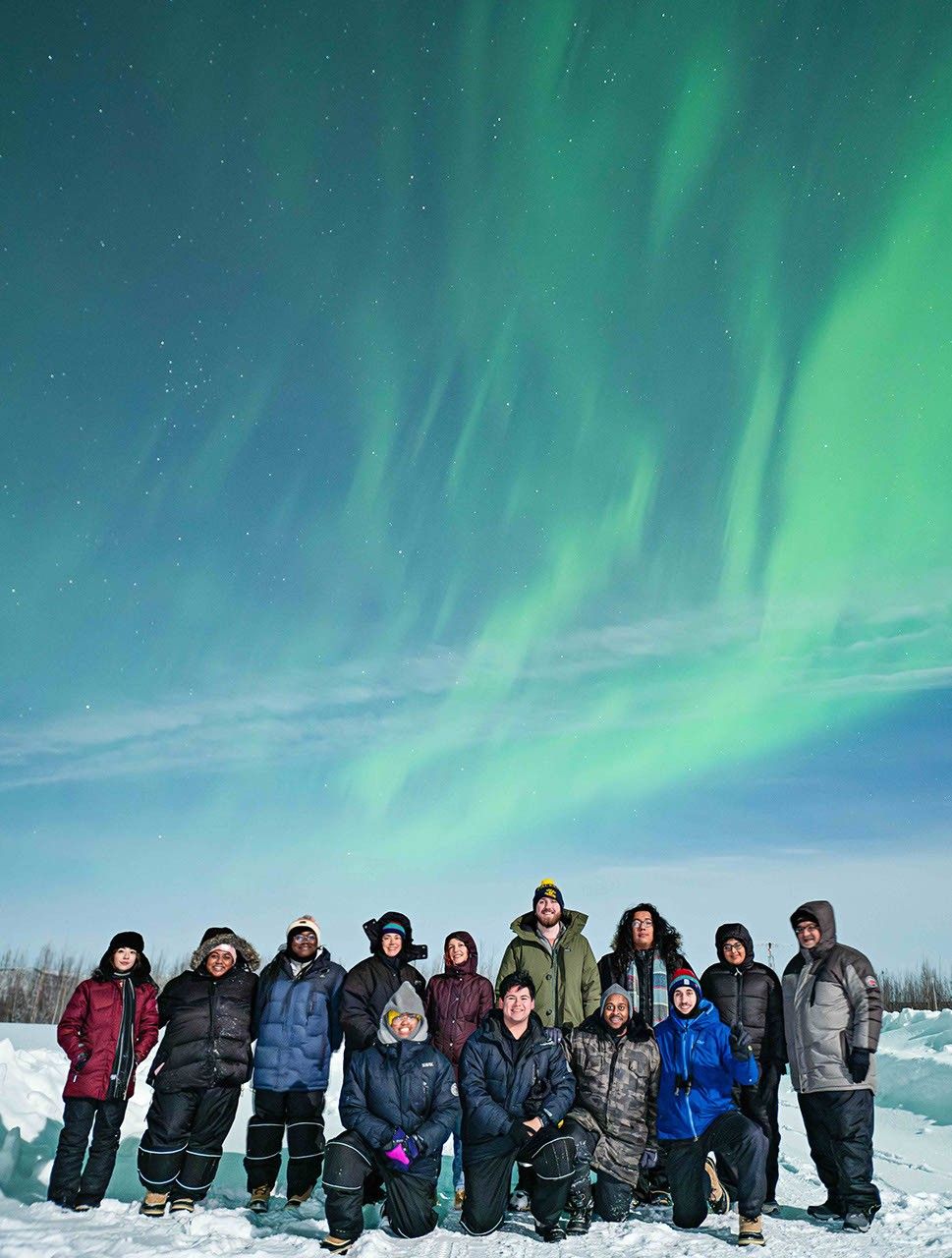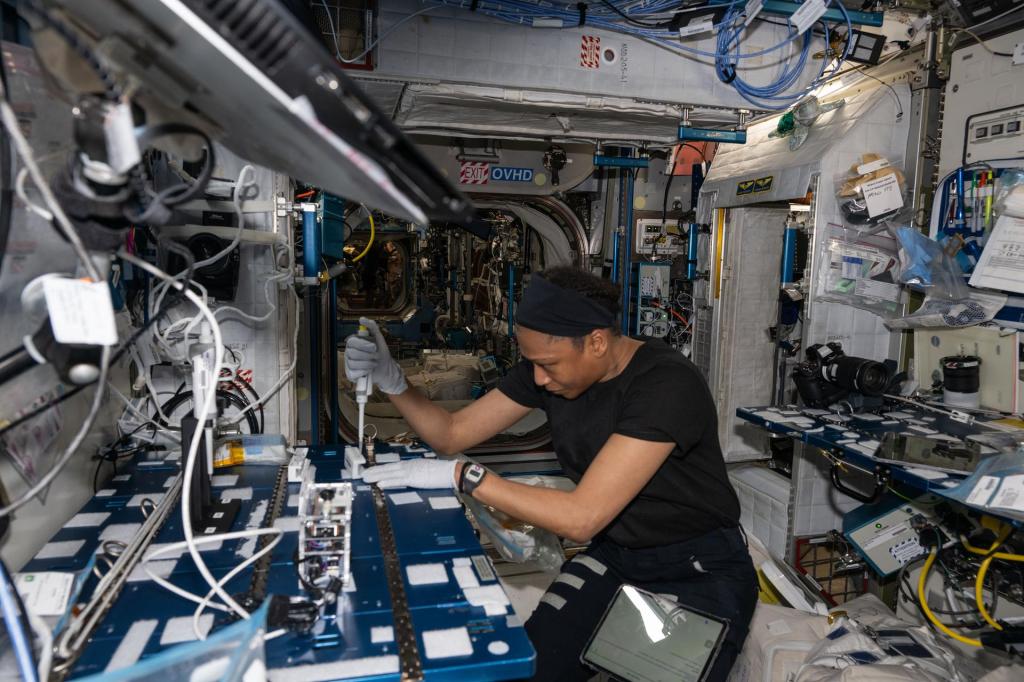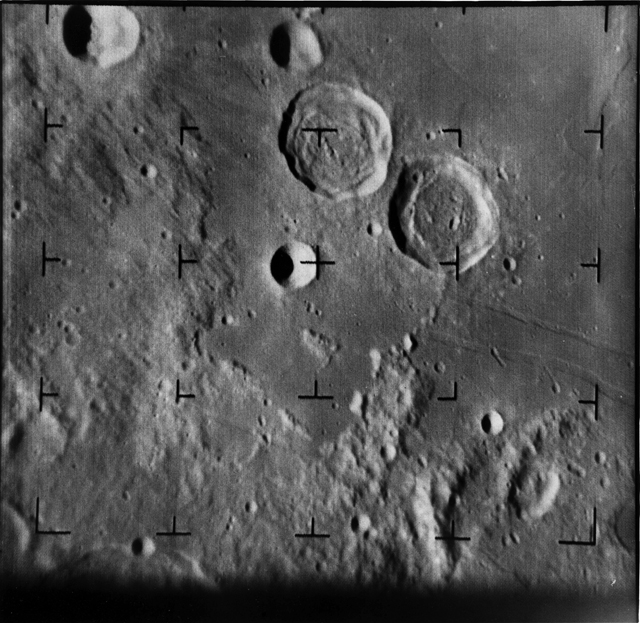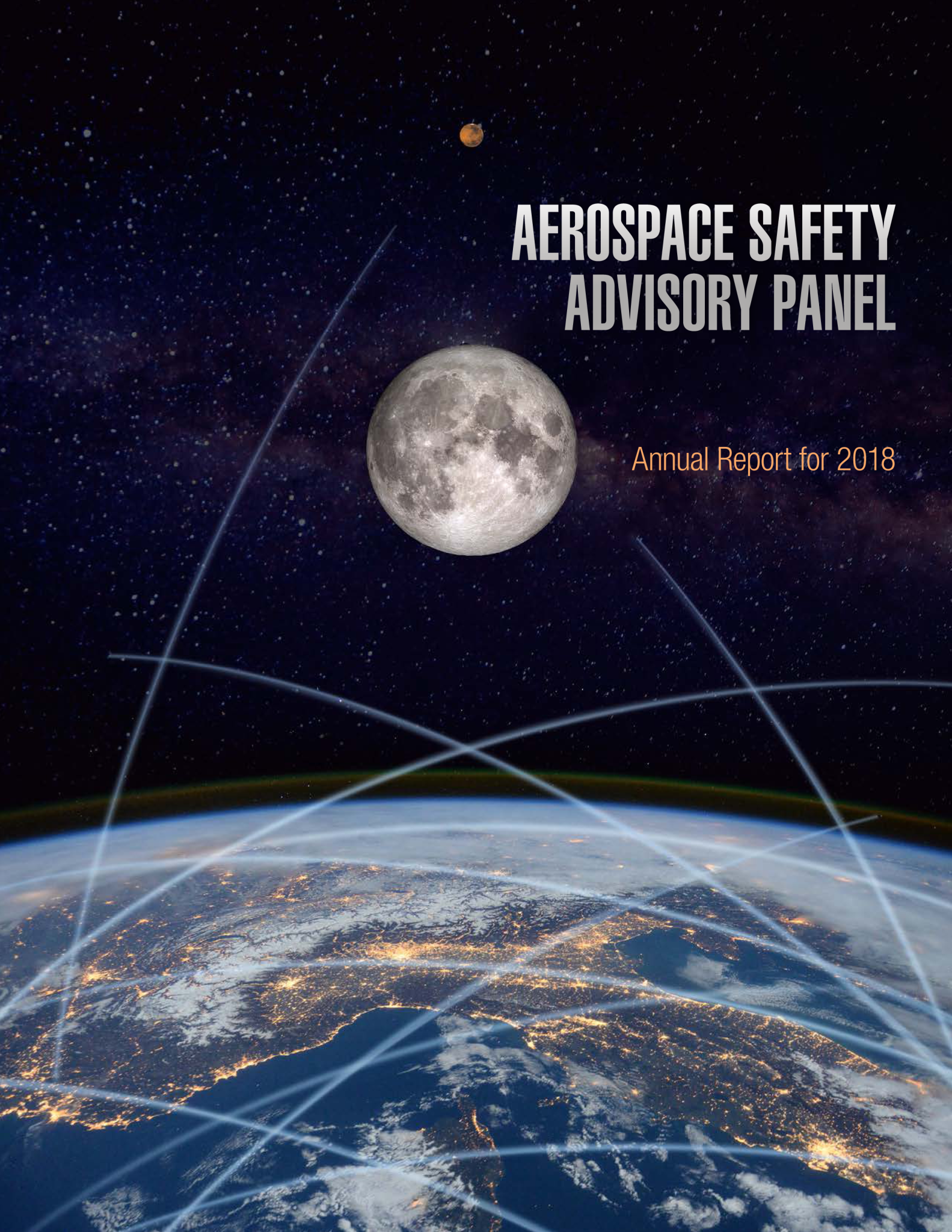The Aerospace Safety Advisory Panel (ASAP), an advisory committee that reports to NASA and Congress, issued its 2018 annual report Friday examining the agency’s safety performance over the past year and highlighting accomplishments, issues and concerns.
The report is based on the panel’s 2018 fact-finding and quarterly public meetings; “insight” visits and meetings; direct observations of NASA operations and decision-making processes; discussions with NASA management, employees and contractors; and the panel members’ own experience.
“As NASA transitions from development to operational launch and flight of its astronauts – something it has not done for several years, since the end of the shuttle era – it is essential to remain cognizant of the perils inherent to spaceflight,” said ASAP Chair Patricia Sanders. “Given the great uncertainties of the space operational environment, it is critical to maintain vigilance and attention to test results, engineering understanding, disciplined processes, and consideration of mitigation alternatives. We have often commented on the need for constancy of purpose for exploration, but along with that must go constancy of standards for certification, flight test, and acceptable risk.”
The report highlights 2018 activities and includes assessments of NASA’s:
- Exploration Systems Development
- Commercial Crew Program
- Deep space exploration
- International Space Station operations
- Aeronautics missions and air operations, and
- Enterprise protection
The report notes NASA’s progress in addressing safety issues for the pending test and crewed flights of the Commercial Crew Program, and ongoing work to assess concerns for the Orion spacecraft and Space Launch System rocket as they move toward their first integrated flight test.
Congress established the panel in 1968 to provide advice and make recommendations to the NASA administrator on safety matters after the 1967 Apollo 1 fire that claimed the lives of three American astronauts.
For more information about the Aerospace Safety Advisory Panel, and to view the 2018 report, visit:
-end-
Grey Hautaluoma
Headquarters, Washington
202-358-0668
grey.hautaluoma-1@nasa.gov

